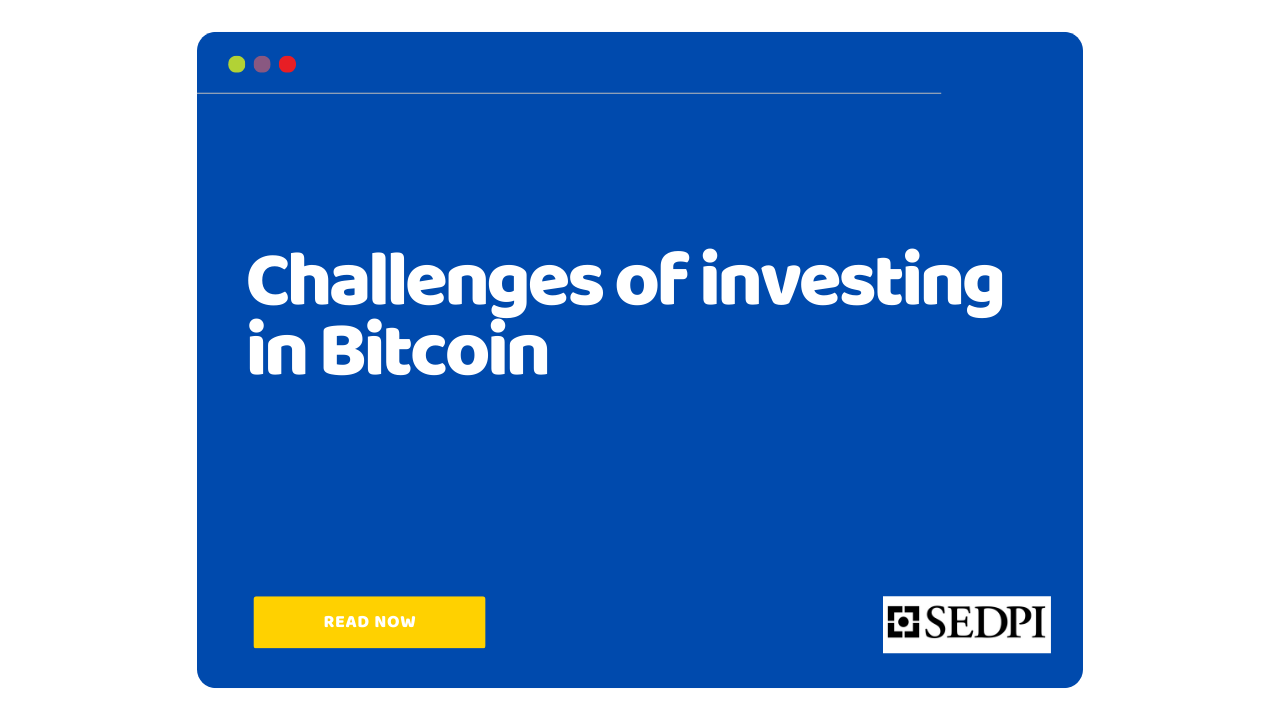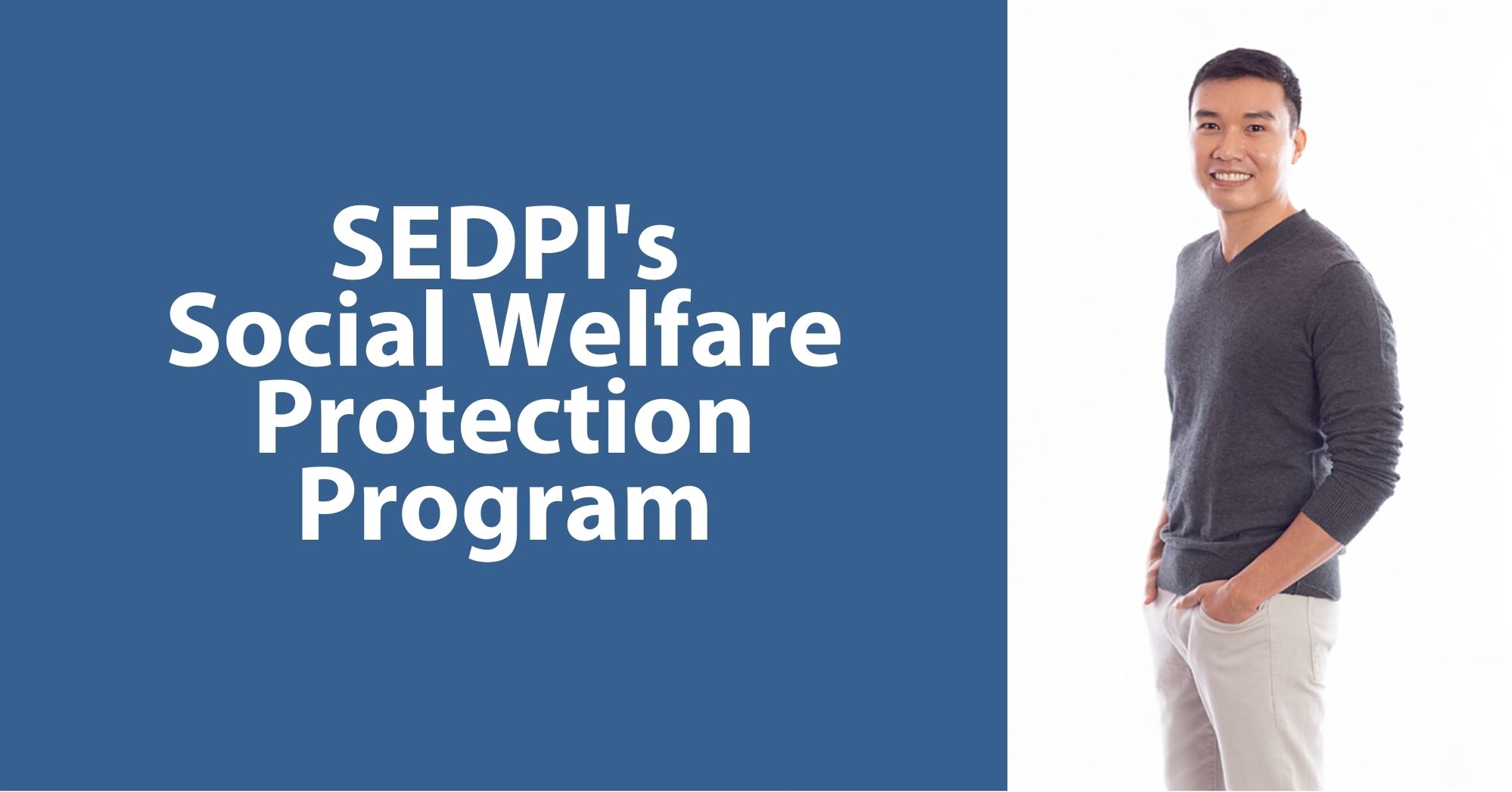Tag: OFW
-

Challenges of investing in Bitcoin
Bitcoin is a digital currency that uses blockchain technology. It is located in a computer network, meaning it is only accessible through a network such as the Internet. Bitcoin is unregulated In the event of a grievance or dispute, there is no institution to turn to as the governing body of all transactions. The lack…
-
SEDPI inks partnership with SSS to bring social safety nets to low income groups
“SEDPI believes that the marginalized sector should be the first to enjoy the benefits of government services,” Vince Rapisura, SEDPI President, said in a statement on the occasion of its Memorandum of Agreement signing with Social Security System (SSS). “Our partnership with SSS will realize this so that low income groups will benefit fron social…
-
SEDPI pioneers impact investing fora in 9 countries
“I found Vince Rapisura on Facebook and he constantly discusses being a social investor. Through him, I learned that investing can create more value than just mere profit. We can select investments that have a conscious goal of making a positive impact on society,” said a social investor in an online forum. Impact investing are…
-
(L)earning Wealth: SEDPI provides financial literacy to thousands of Filipinos here and abroad
“Ang pagyaman, napag-aaralan.” This has been the statement which reverberates in the minds and hearts of every Filipino who underwent SEDPI’s financial literacy training. Vince Rapisura, president of SEDPI, is slowly becoming well-known as a financial guru helping Filipinos, in and out of the country, manage their money better. In 2019, SEDPI was able to…
